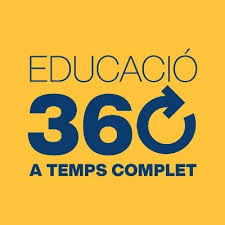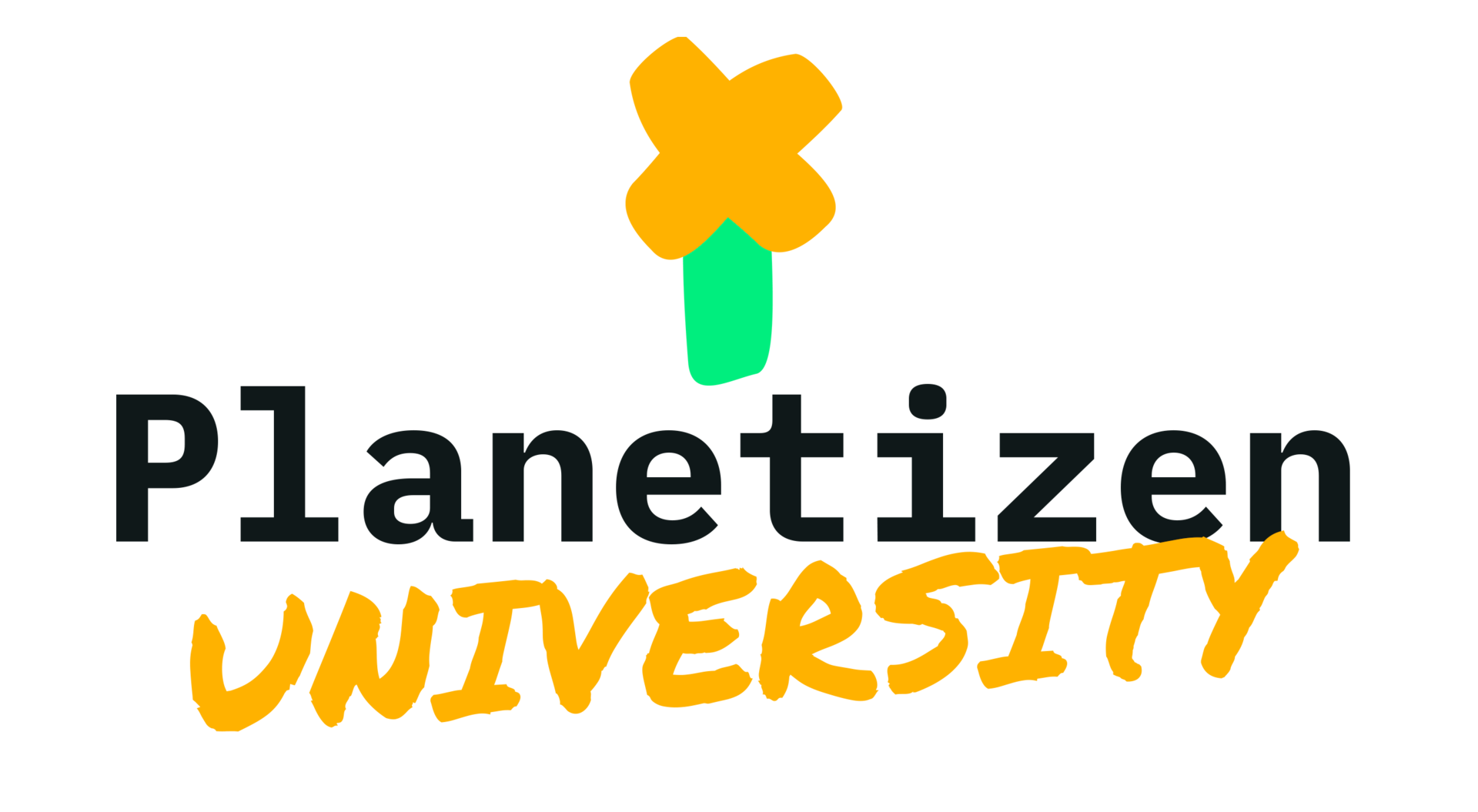What were your key takeaways from the LearningPlanet Vision?
Being part of LearningPlanet Vision was akin to stepping into a dynamic world of innovation, collaboration, and boundless potential. This enriching session wasn’t just about employing technology for environmental education but about challenging traditional boundaries and envisaging a transformative educational future. The insightful exchanges have left me with several key takeaways:
Innovation in Action:
The conversation around implementing advanced technologies to bring real-world climate data into classrooms was incredibly impactful. The power of these tools to transform learning from a passive process to an immersive, hands-on experience is beyond inspiring.
Collaborative Problem Solving:
The discussions underscored the importance of collective innovation. Bridging the gaps between startups, educators, technologists, and policy-makers can dismantle traditional barriers, leading to powerful, inclusive solutions that make environmental education accessible on a global scale.
Empowering the Youth:
As a young individual myself, it was incredibly affirming to see the vital role we, the youth, hold in this educational evolution. It was clear that we are no longer simply viewed as recipients of knowledge, but as dynamic agents of change, innovators, and proactive drivers of initiatives. This reinforced belief in our potential and influence is a crucial catalyst for creating an engaged, responsive, and vibrant learning ecosystem.
Transcending Challenges:
Yes, challenges such as bureaucracy, technology gaps, and funding constraints exist. However, the spirit of perseverance and innovation showcased during the session reaffirmed the possibilities of transforming these obstacles into opportunities for growth and progress.
Recognition Matters:
The importance of accreditation and validation in environmental education was a significant point of discussion. Recognition not only enhances motivation but also fosters a culture of achievement, encouraging learners to engage more deeply with the subject matter.
An Interconnected Global Learning System:
The vision of a global, interconnected education system really resonated with me. Imagine a world where classrooms are boundaryless, where learning about climate change is not an isolated activity but a shared, global experience – this is the kind of future that LearningPlanet Vision is actively fostering.
What were some inspiring moments for you?
The recent gathering of passionate individuals at the education conference brought forth a wave of inspiration, emphasizing the importance of technology and environmental education within our existing educational systems. Mia Foulkes from Climate Science, Russ Clark and Timothy Cone from Smart Sea Level Sensors, and Evelina Asikainen from the Academy for Sustainable Future Educators, were among the remarkable voices that echoed the need for change in environmental education. However, AI will not take over education.
The President of the Office for Climate Education. Eric Guilyardi, stated: “Technology should not be there to replace the teacher, but to empower the teacher.” Mia stated how Climate Science uses technology for synthesising scientific information to aid in environmental education accessibility, but refrained from using ChatGPT to ensure accurate information.
Russ and Timothy’s Smart Sea Level Sensors showcased a riveting project wherein students would build and deploy water level monitoring stations to provide useful data for climate research. Russ said: “Educating students on local coastal flooding and using local data is not only a great science and math exercise but it also increases informed decision-making on adapting to climate change-related trends.” The education these students receive is incredibly hands-on, giving a brilliant and monumental experience to propel their knowledge and understanding in environmental education.
How do you see the future of learning ecosystems after the LearningPlanet Vision episode?
This episode served as a catalyst for envisioning the future of learning ecosystems. It brought in future educational systems that will hopefully be part of many students’ educational journeys. The voices of Mia Foulkes, Russ Clark, Timothy Cone, Evelina Asikainen, and many others echoed the need for change and emphasized the role of educators in leveraging technology to empower students.
Projects like Russ and Timothy’s Smart Sea Level Sensors exemplify the hands-on, experiential learning that will shape future learning ecosystems. Engaging students in building and deploying monitoring stations not only provides valuable data for climate research but improves their environmental education in ways impossible within a classroom looking at a diagram.
By harnessing the potential of technology, embracing collaboration, and valuing hands-on experience, we can create transformative learning environments that empower students to become active participants in shaping a sustainable future.



